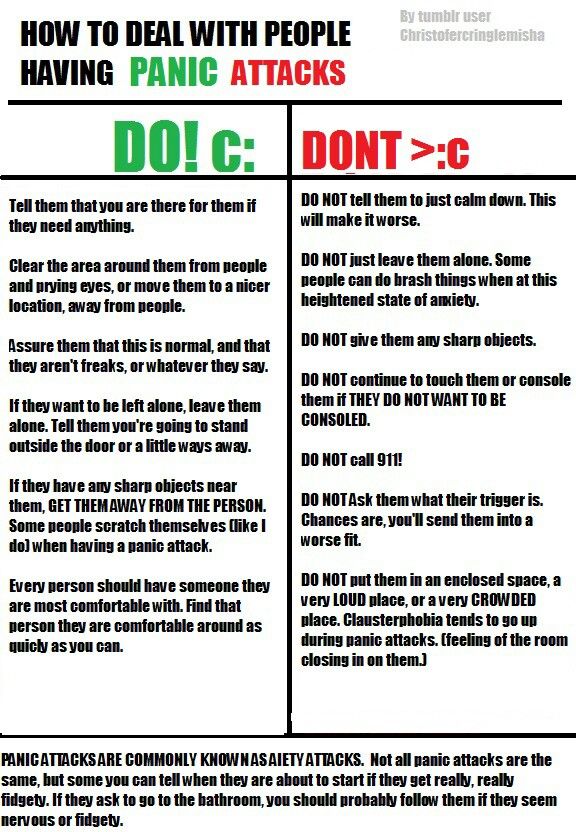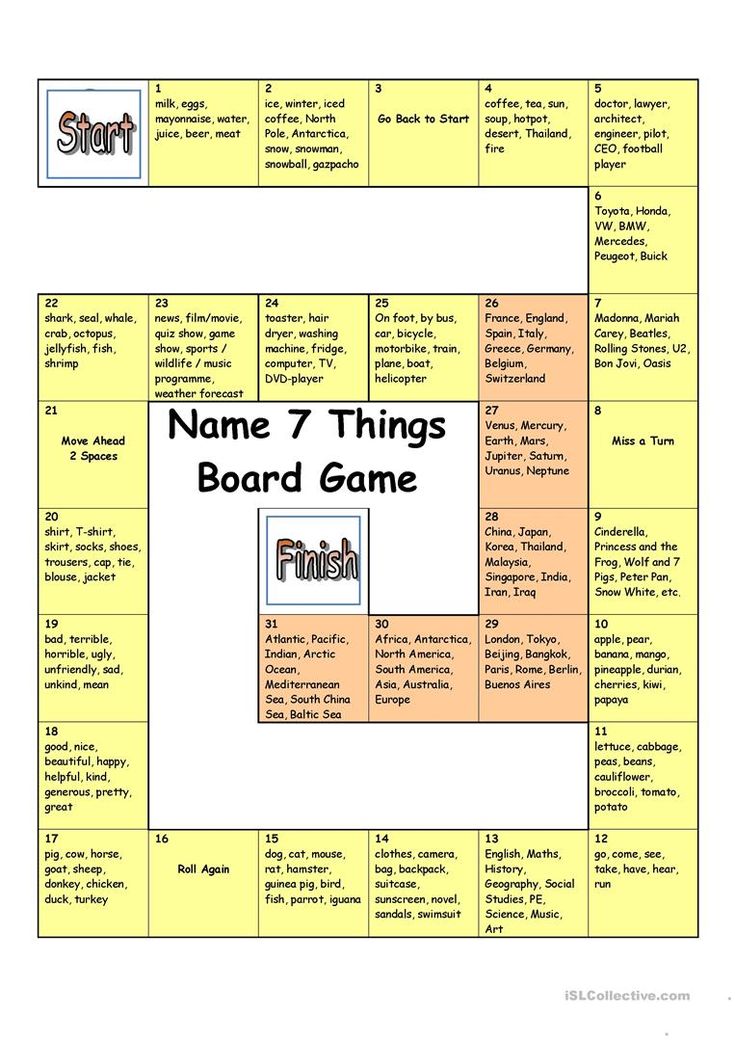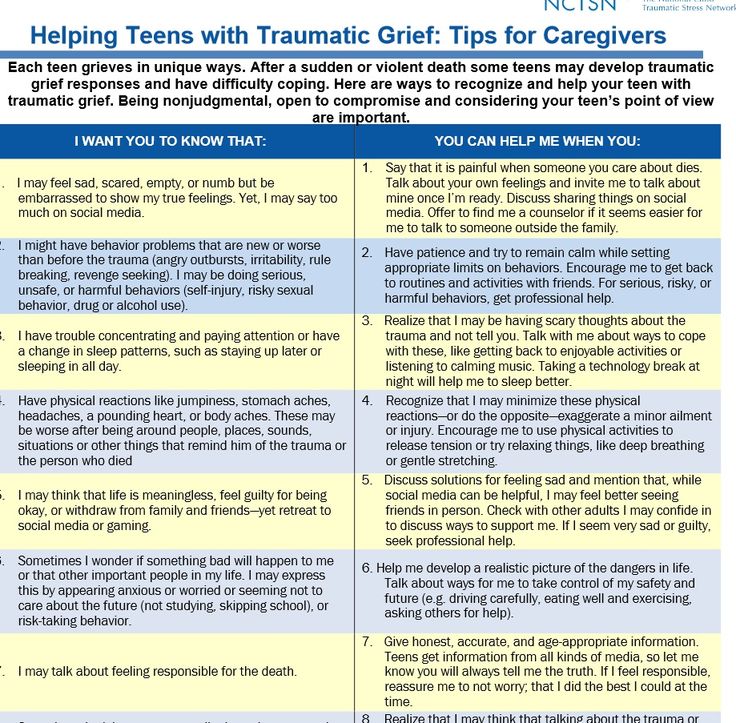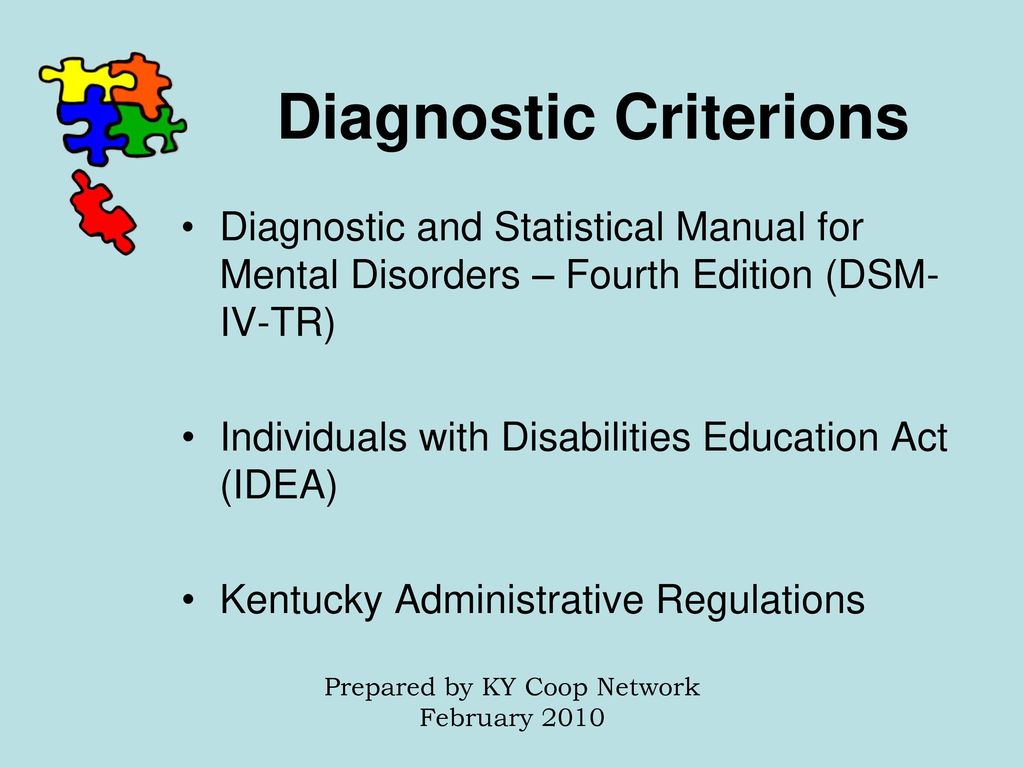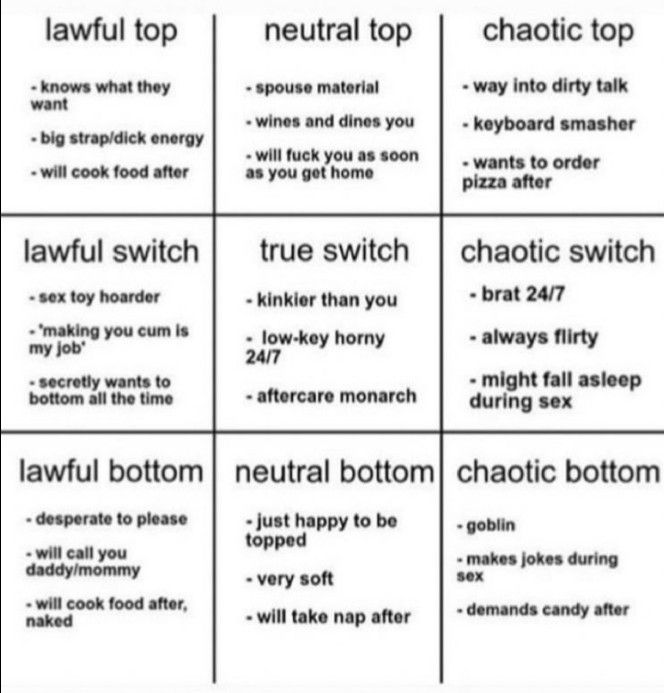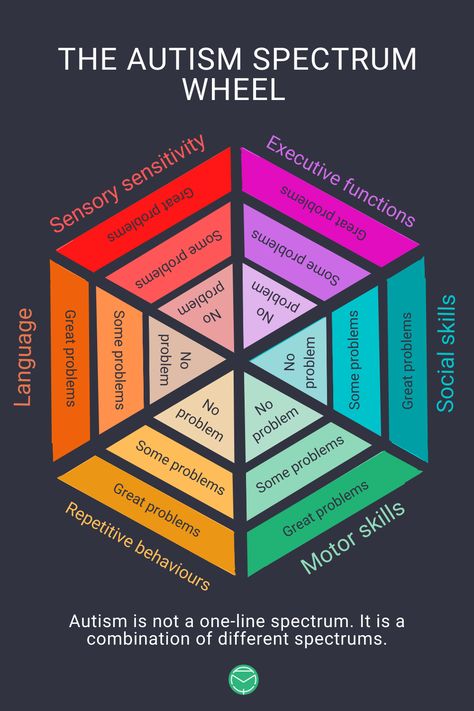How to cope with anxiety attacks
How to deal with panic attacks
A panic attack is a feeling of sudden and intense anxiety.
Panic attacks can also have physical symptoms, including shaking, feeling disorientated, nausea, rapid, irregular heartbeats, dry mouth, breathlessness, sweating and dizziness.
The symptoms of a panic attack are not dangerous, but can be very frightening.
They can make you feel as though you are having a heart attack, or that you are going to collapse or even die.
Most panic attacks last somewhere from five minutes to half an hour.
How to handle a panic attack
Professor Paul Salkovskis, Professor of Clinical Psychology and Applied Science at the University of Bath, says it's important not to let your fear of panic attacks control you.
"Panic attacks always pass and the symptoms are not a sign of anything harmful happening," he says. "Tell yourself that the symptoms you're experiencing are caused by anxiety."
He says don't look for distractions. "Ride out the attack. Try to keep doing things. If possible, it's important to try to remain in the situation until the anxiety has subsided."
"Confront your fear. If you don't run away from it, you're giving yourself a chance to discover that nothing's going to happen."
As the anxiety begins to pass, start to focus on your surroundings and continue to do what you were doing before.
"If you’re having a short, sudden panic attack, it can be helpful to have someone with you, reassuring you that it will pass and the symptoms are nothing to worry about," says Professor Salkovskis.
Breathing exercise for panic attacks
If you’re breathing quickly during a panic attack, doing a breathing exercise can ease your other symptoms. Try this:
- breathe in as slowly, deeply and gently as you can, through your nose
- breathe out slowly, deeply and gently through your mouth
- some people find it helpful to count steadily from one to five on each in-breath and each out-breath
- close your eyes and focus on your breathing
You should start to feel better in a few minutes.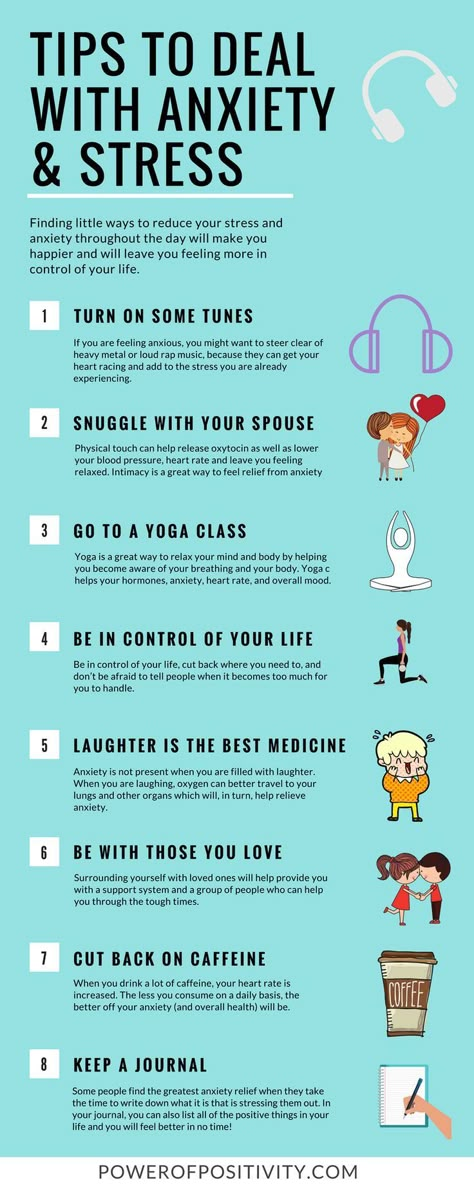 You may feel tired afterwards.
You may feel tired afterwards.
Visit the No Panic website for another breathing exercise to calm panic.
Ways to prevent panic attacks
"You need to try to work out what particular stress you might be under that could make your symptoms worse," says Professor Salkovskis. "It's important not to restrict your movements and daily activities."
- Doing breathing exercises every day will help to prevent panic attacks and relieve them when they are happening
- Regular exercise, especially aerobic exercise, will help you to manage stress levels, release tension, improve your mood and boost confidence
- Eat regular meals to stabilise your blood sugar levels
- Avoid caffeine, alcohol and smoking – these can make panic attacks worse. Panic support groups have useful advice about how you can effectively manage your attacks. Knowing that other people are experiencing the same feelings can be reassuring. Your GP can put you in touch with groups in your area
- Cognitive behavioural therapy (CBT) can identify and change the negative thought patterns that are feeding your panic attacks
Is it panic disorder?
If you feel constantly stressed and anxious, particularly about when your next panic attack may be, you may have panic disorder.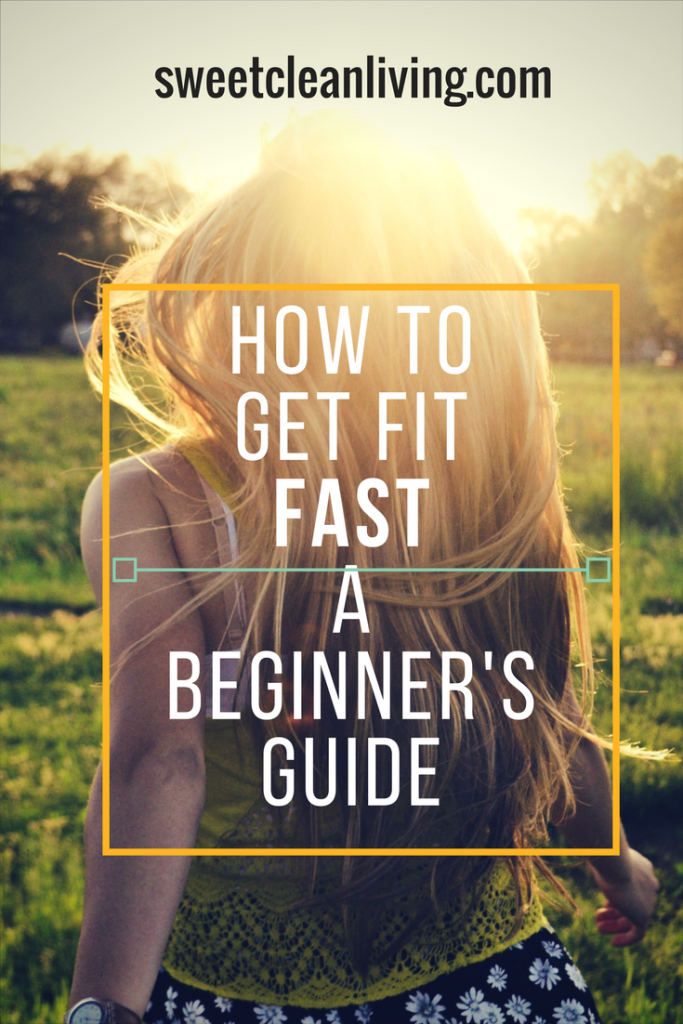
People with panic disorder may avoid situations that might cause a panic attack. They may also fear and avoid public spaces (agoraphobia).
"There's no quick fix, but if your attacks are happening time after time, seek medical help," says Professor Salkovskis.
Read more about panic attacks, including personal stories, at See Me Scotland.
11 tips for coping with an anxiety disorder
Speaking of Health
Topics in this Post
- Behavioral Health
- Anxiety
- Balance your mental and emotional health
Having occasional feelings of anxiety is a normal part of life, but people with anxiety disorders experience frequent and excessive anxiety, fear, terror and panic in everyday situations. These feelings are unhealthy if they affect your quality of life and prevent you from functioning normally.
Common symptoms of anxiety disorders include:
- Feeling nervous
- Feeling helpless
- A sense of impending panic, danger or doom
- Increased heart rate
- Hyperventilation
- Sweating
- Trembling
- Obsessively thinking about the panic trigger
These feelings of anxiety and panic can interfere with daily activities and be difficult to control.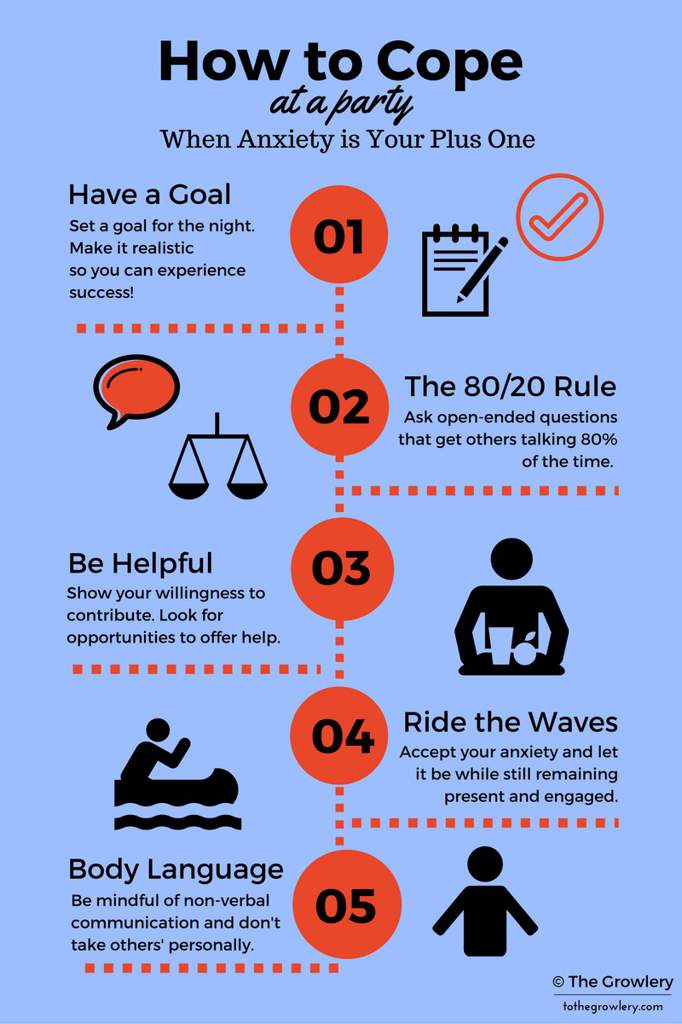 They are out of proportion to the actual danger and can cause you to avoid places or situations.
They are out of proportion to the actual danger and can cause you to avoid places or situations.
You should see your health care provider if your anxiety is affecting your life and relationships. Your provider can help rule out any underlying physical health issue before seeing a mental health professional.
While most people with anxiety disorders need psychotherapy or medications to get anxiety under control, lifestyle changes and coping strategies also can make a difference.
Here are 11 tips for coping with an anxiety disorder:
- Keep physically active.
Develop a routine so that you're physically active most days of the week. Exercise is a powerful stress reducer. It can improve your mood and help you stay healthy. Start out slowly, and gradually increase the amount and intensity of your activities. - Avoid alcohol and recreational drugs.
These substances can cause or worsen anxiety. If you can't quit on your own, see your health care provider or find a support group to help you.
- Quit smoking, and cut back or quit drinking caffeinated beverages.
Nicotine and caffeine can worsen anxiety. - Use stress management and relaxation techniques.
Visualization techniques, meditation and yoga are examples of relaxation techniques that can ease anxiety. - Make sleep a priority.
Do what you can to make sure you're getting enough sleep to feel rested. If you aren't sleeping well, talk with your health care provider. - Eat healthy foods.
A healthy diet that incorporates vegetables, fruits, whole grains and fish may be linked to reduced anxiety, but more research is needed. - Learn about your disorder.
Talk to your health care provider to find out what might be causing your specific condition and what treatments might be best for you. Involve your family and friends, and ask for their support. - Stick to your treatment plan.

Take medications as directed. Keep therapy appointments and complete any assignments your therapist gives. Consistency can make a big difference, especially when it comes to taking your medication. - Identify triggers.
Learn what situations or actions cause you stress or increase your anxiety. Practice the strategies you developed with your mental health provider so you're ready to deal with anxious feelings in these situations. - Keep a journal.
Keeping track of your personal life can help you and your mental health provider identify what's causing you stress and what seems to help you feel better. - Socialize.
Don't let worries isolate you from loved ones or activities.
Your worries may not go away on their own, and they may worsen over time if you don't seek help. See your health care provider or a mental health provider before your anxiety worsens. It's easier to treat if you get help early.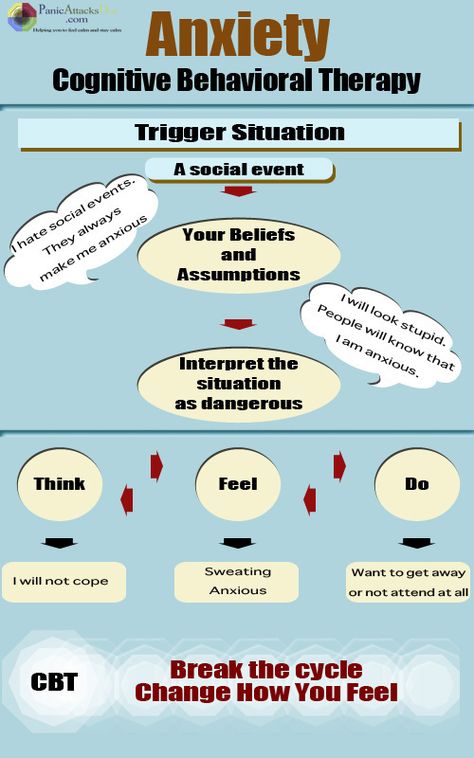
Learn more about anxiety management:
- 5, 4, 3, 2, 1: Countdown to make anxiety blast off
- 9 ways to tame anxiety during the COVID-19 pandemic
- Addressing your mental health by identifying the signs of anxiety and depression
Siri Kabrick is a nurse practitioner in Psychiatry & Psychology in Fairmont, Minnesota.
For the safety of our patients, staff and visitors, Mayo Clinic has strict masking policies in place. Anyone shown without a mask was either recorded prior to COVID-19 or recorded in a non-patient care area where social distancing and other safety protocols were followed.
Topics in this Post
- Behavioral Health
- Anxiety
- Balance your mental and emotional health
National Bullying Prevention Month: Educating children and ourselves
Anxiety disorders: Is it really all in your head?
Use mindfulness to improve well-being
Causes and symptoms of panic attacks.
 What to do and how to fight?
What to do and how to fight?
Dietary supplements cheap
What is a panic attack? How can it arise? How to identify and identify this phenomenon? Let's look into the issue together with the specialists of the Korsakov Medical Center.
What does a panic attack mean and what are its symptoms?
The classic definition is that a panic attack is a spontaneous attack accompanied by anxiety. Most often, panic attacks appear after frequent stressful conditions. It must be understood that the state of panic is characteristic of people, if there are reasons, but a panic attack is characterized by suddenness. A person experiences fear, incomprehensible anxiety, panic, horror for no reason. Biologically, a large amount of adrenaline enters the bloodstream, and an attack lasts from one minute to forty. nine0003
Free consultation now!
Online consultation with a specialist on your issue!
License number: LO-77-01-019036
How do you know that you or your loved one may have a panic attack? Let's look at the main symptoms of this disease.
Symptoms of a panic attack
A person in this state experiences an uncontrollable attack of fear. It is characterized by the following manifestations:
- Cold sweat
- A panic or anxiety
- Migraine
- Crazy consciousness
- begins to darken in the eyes
- It becomes difficult to breathe
- Starts begin to tremble limbs
Let's look at the panic attacks on the physiological side.
After a person experiences stress, our body reacts to it. The first reaction is to release adrenaline into the blood. Further, there is a decrease in blood vessels, breathing becomes more intense, heartbeat accelerates. The result is hyperventilation of the lungs. There is a rapid accumulation of lactic acid in muscle tissues. There is pain in the body. And all this together tells the brain that the body has just experienced stress. nine0003
Further, our body understands that it has just experienced a state of stress, but such a state is not received without a reason, as a result, the body reacts with a panic attack.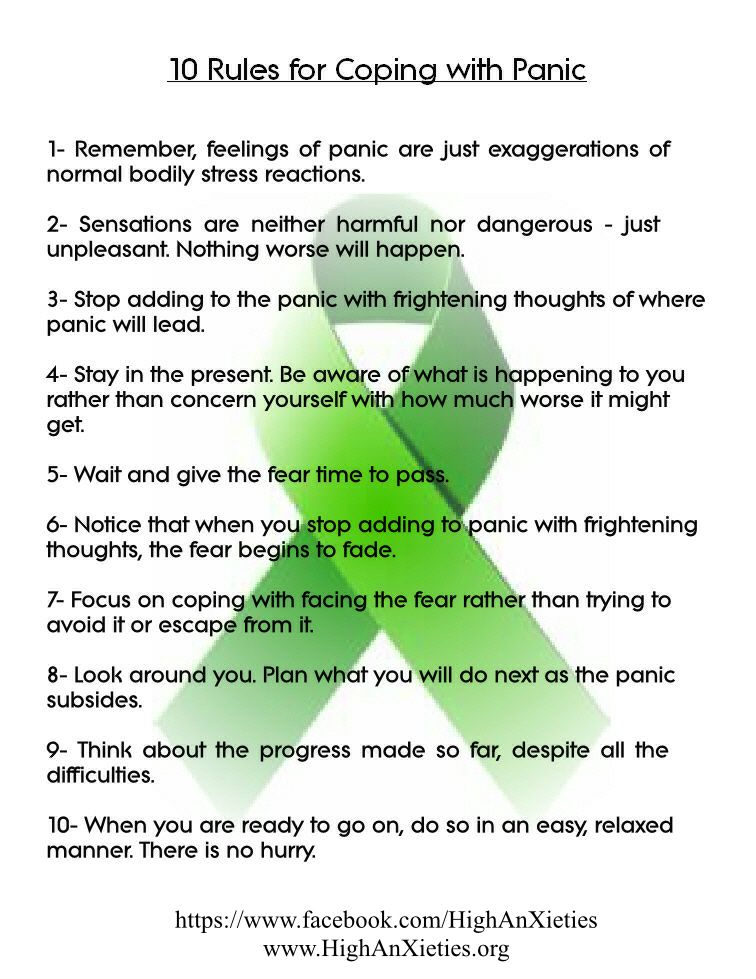 I must say that people who are not prone to panic attacks react differently to minimal stress.
I must say that people who are not prone to panic attacks react differently to minimal stress.
If you feel panic, fear, anxiety before an event, such as a job interview, final exam, public speech, an important conversation with a loved one, and other similar events, then this is normal. This is a natural reaction of the body and nervous system before a significant event in your life. nine0003
But if you or your loved one is experiencing all of the above symptoms without a good reason or life threatening, then it may very well be a panic attack.
“Do you suspect that you or someone close to you has a panic attack?
Get a consultation at the psychiatric department of the KORSAKOV clinic.”
Causes of panic attacks
The causes of panic attacks are now being actively studied by medicine. As a rule, an attack of uncontrolled panic occurs in patients with vegetovascular dystonia, and this phenomenon can also be inherited. People who have suffered any mental illness or are in a state of prolonged stress for a long time are also at risk and prone to panic attacks. nine0003
nine0003
I must say that attacks can occur suddenly, but also external stimuli can lead to panic attacks. If a person has undergone heart surgery, a stroke, a change in hormonal levels, then he is at risk.
Causes of panic attacks in women
We would like to separate the female body and its inherent causes for panic attacks. Changes in the hormonal background as a result of the menstrual cycle, pregnancy, childbirth, menopause negatively affect women's health. If external factors are superimposed on this, then very often a woman cannot cope with general stress, and panic attacks begin. nine0003
Causes of panic attacks in adults
Certain types of people are at risk for panic attacks. From our practice, we want to single out the following groups of working age: workaholics, overly responsible people experiencing highly emotional stress. Also, if a person experiences high-intensity physical or intellectual stress, the body reacts with stress and the risk of panic attacks increases.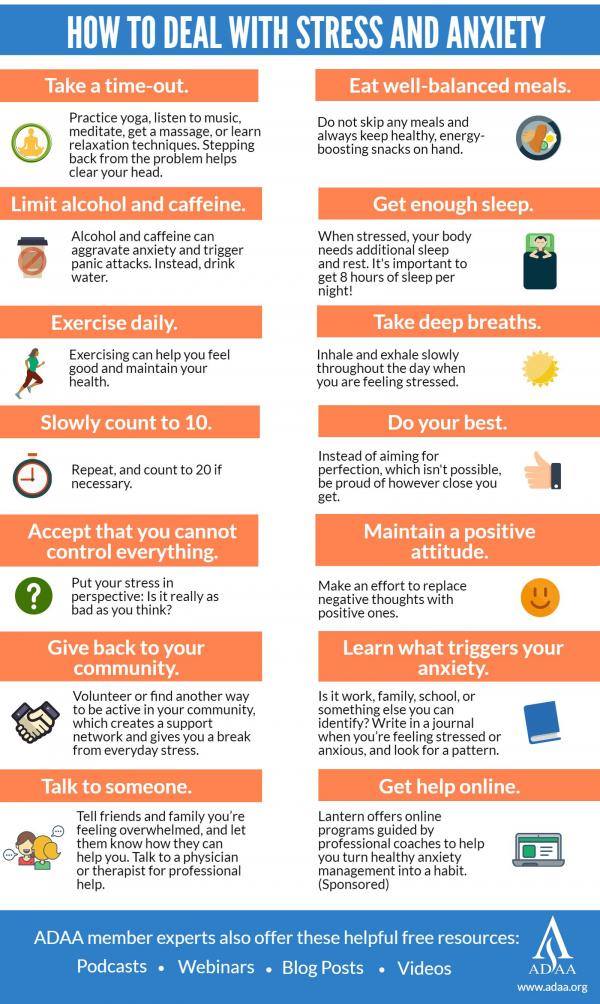
Write to WhatsApp
COST OF TREATMENT
What to do in case of panic attacks
It is important to properly help with this condition. If you understand that you are prone to panic attacks, or among your acquaintances there is such a person, then you should know how to act when a panic attack occurs.
First aid for panic attack
If you observe symptoms in a loved one that are similar to what we are, or the person himself knows when he will begin such a condition and asks for help, you need help. Take the person outside to get access to oxygen. If this is not possible, open the windows and fill the room with fresh air. Support a person: talk, ask about his well-being, it is important to speak in a calm, soft and measured voice. A tactile sign of attention is also important: hug a person or take his hand. nine0003
If you yourself are prone to seizures, you need to know both self-help methods and measures to prevent seizures.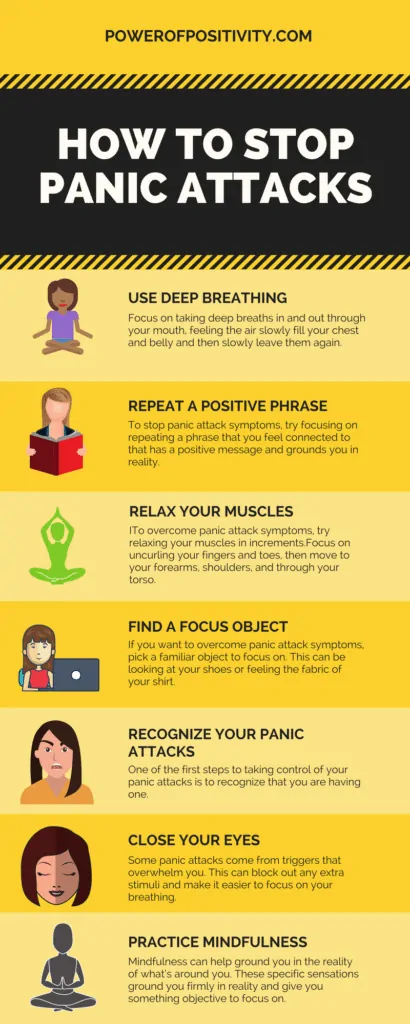
Panic Attack Prevention
If you find yourself having a panic attack, you should make a list of things you can do to help you regain your sense of calm.
Switch your attention. You understand what caused a panic attack, learn to switch and not think about the event that caused it. To do this, learn to control your condition. nine0003
Concentrate on something. Choose any object in the environment, its detail. Carefully study the selected object, try to notice all the details of which it consists. Focusing on the details will help restore clarity of thought.
Treatment of panic attacks
Panic attacks are treated with medication or psychotherapy. We will talk about effective methods of treatment.
Medical treatment
The purpose of the method is to stop a panic attack and control future attacks.
There are many drugs available to help control panic attacks and control the body.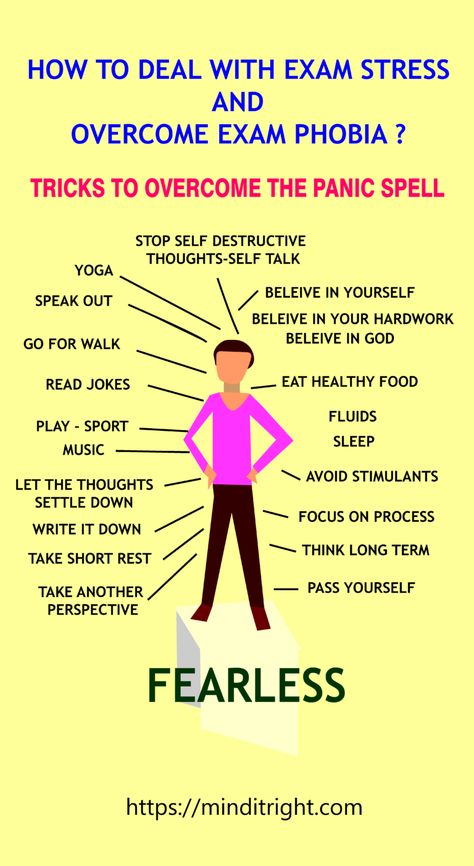 Any medications are prescribed by an experienced doctor (psychotherapist or psychiatrist). In no case do not try to choose the drug yourself, consult with a specialist. When choosing a drug, the doctor takes into account the individual characteristics of the patient and predicts possible side effects, based on this, the drug is selected. Tell the specialist in advance about your individual intolerance to substances (if you have already experienced this) and about your lifestyle (when you drive, whether you play sports, when you fall asleep and what time you get up). nine0003
Any medications are prescribed by an experienced doctor (psychotherapist or psychiatrist). In no case do not try to choose the drug yourself, consult with a specialist. When choosing a drug, the doctor takes into account the individual characteristics of the patient and predicts possible side effects, based on this, the drug is selected. Tell the specialist in advance about your individual intolerance to substances (if you have already experienced this) and about your lifestyle (when you drive, whether you play sports, when you fall asleep and what time you get up). nine0003
Psychotherapeutic treatment
In psychotherapy it is necessary to identify the cause. The doctor must determine why a panic attack occurs. The psychotherapist diagnoses the patient and, based on this, selects the necessary method of treatment. Let's talk about each method in more detail.
Cognitive behavioral therapy
In this method, the therapist teaches the patient to control his thoughts. The patient learns to understand the conditions and factors that cause anxiety. Together with the doctor, the patient understands his lifestyle and rhythm of life, and work begins to return the state of control. The course is discussed with the attending physician individually. The goal of therapy is to establish control over the patient's emotional background. nine0003
The patient learns to understand the conditions and factors that cause anxiety. Together with the doctor, the patient understands his lifestyle and rhythm of life, and work begins to return the state of control. The course is discussed with the attending physician individually. The goal of therapy is to establish control over the patient's emotional background. nine0003
Psychoanalysis
In psychoanalysis, it is necessary to find out what factors influenced the occurrence of panic attacks. This may be a change of residence, conflicts in the family, a hidden feeling of resentment, problems from childhood, a feeling of guilt towards a loved one, etc. After establishing the true factor, the doctor explains to the patient how to properly seek a solution to the problem.
Classic hypnosis
Used as a therapy. I must say that hypnosis is not suitable for all patients due to the fact that for some it simply does not work. A relatively fast method of therapy, the doctor makes certain settings for the patient, which require several sessions. nine0003
nine0003
Erickson hypnosis
Suitable for almost all patients. The doctor draws the patient's attention to his inner experiences, then directs him to the necessary solutions to problems. During the procedure, the patient communicates with the doctor and communicates with the doctor.
Family therapy
There is a joint work with family members: the therapist tells about the patient's experience to his family members. A list of recommendations for patient support is jointly thought out. The problems that have arisen in the family are considered, and ways to solve them are proposed. The patient is treated as part of the family. nine0003
Gestalt Therapy
With this method, the attending physician looks for an imbalance in a person. Moreover, this balance is considered as a set of human needs. The psychotherapist looks for what needs the refusal occurred, communicates with the patient and offers a solution.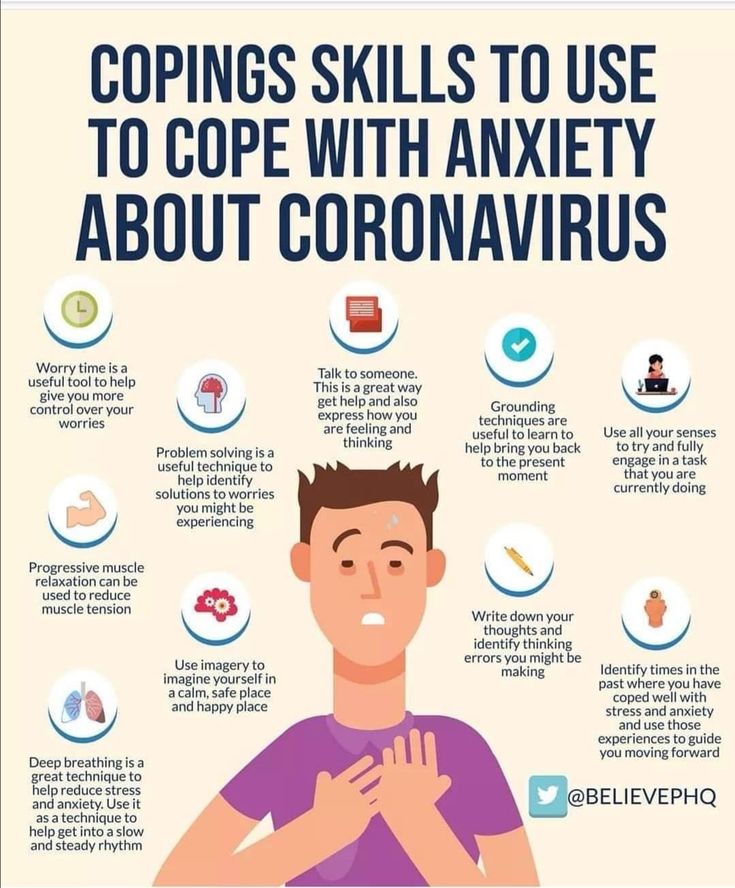 To restore balance, a person must satisfy his vital needs.
To restore balance, a person must satisfy his vital needs.
Online consultation with a specialist
for your question!
License number: LO-77-01-019036
Useful advice from a psychotherapist at the Korsakov Medical Center
To reduce the frequency of panic attacks and get rid of it, you need to lead a healthy lifestyle. Do not load the nervous system, eliminate overvoltage and irritating factors. Meditate, learn the described breathing exercises. Work on your irritants, learn to restrain and control them. Work on concentration in psychotherapy sessions.
Watch your diet: do not consume sweets and coffee in large quantities. Don't eat fast food. Do not spoil the nervous system with alcohol, cigarettes and energy drinks. Stop eating before bed, do not overeat. Move more, pick up a light sports load for yourself. nine0003
If you feel that you cannot cope with panic attacks on your own, make an appointment with a psychotherapist, this is not something to be ashamed of.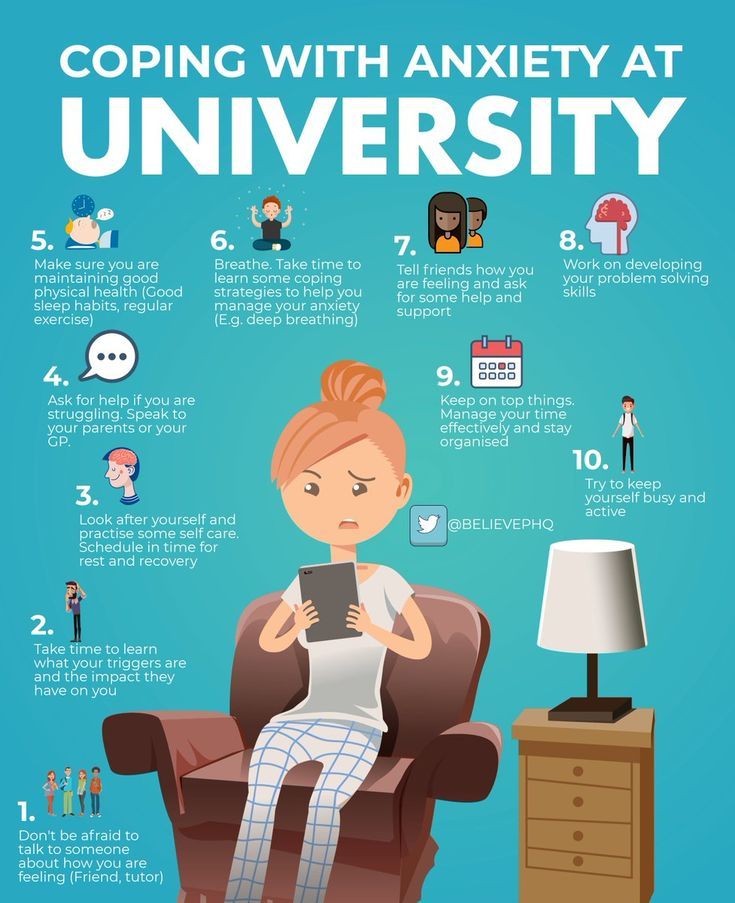
How often do you or your loved ones experience panic attacks? How do you deal with them? If the attacks progress or do not subside, get a consultation at the psychiatric department of the KORSAKOV clinic.
How to Deal with Panic Attacks: 12 Steps
352,467
Know Yourself
Three years ago, at the age of 30, I had a hypertensive crisis. I ended up in the hospital straight from work. I was examined, but the reasons for high pressure were never found. After that, I was very frightened, I began to invent all sorts of sores for myself, which doctors do not know about. nine0003
As in J.K. Jerome, I had—in my own opinion—everything but puerperal fever. I went around polyclinics in the tenth circle, terrorizing all possible doctors. On the advice of friends, I went to a fortune teller. The extortionist said that I had nothing left to live. I have, they say, a very strong evil eye, and only a large amount of money given to her will save me.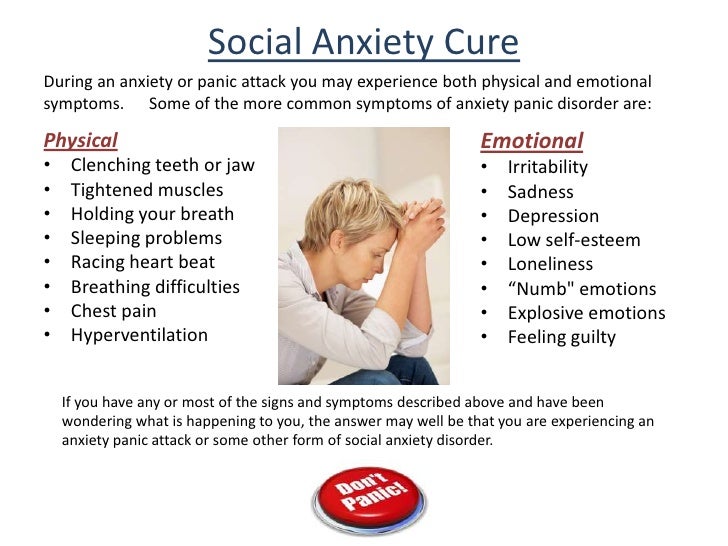 Her husband then almost killed her.
Her husband then almost killed her.
I had panic attacks, I began to suffocate. I was able to walk through the underground passages only by talking on the phone with my husband - it was easier for me that way. nine0003
And then I stopped sleeping. I slept for 30 minutes in the morning. This went on for almost six months. I walked around like a zombie with bruises under my eyes.
I went to a psychologist for almost a year, took antidepressants, learned all about ways to relax
Classic anxiety neurosis. Not fatal, but very annoying. But it was even worse for my husband. If the bar of requirements for me at work fell a little, then he, who helped me at night, had to give all the best during the day in full. nine0003
At the same time, I continued to work. And I worked as the head of the logistics department, controlling the entire cargo flow for a large importing company. And although the root of my problems was obvious - my nervous and very stressful work, I could not refuse the financial component.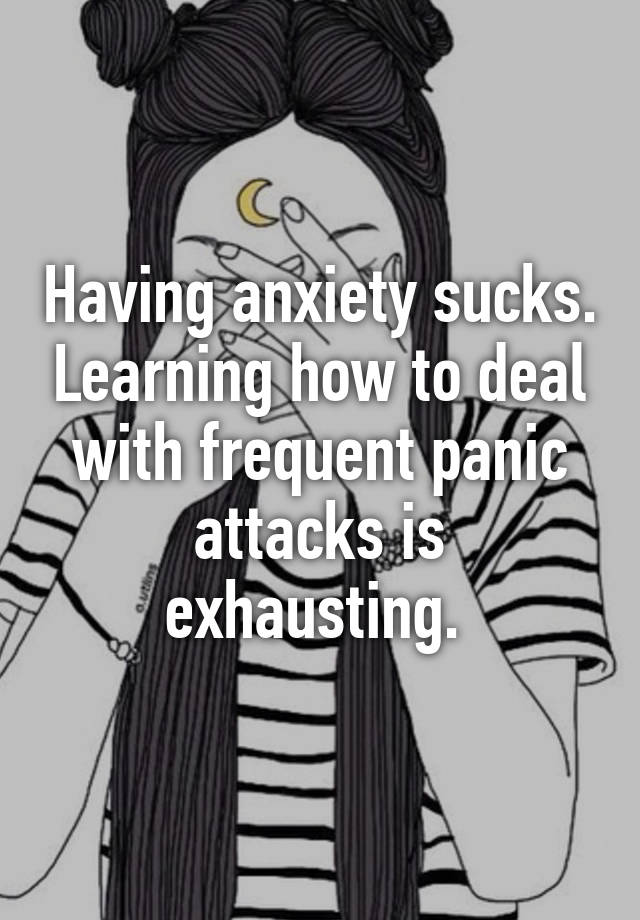
I was constantly looking for the causes of my condition. I read everything I could get: Louise Hay, Sinelnikova, Osho, Reality Transsurfing, books on psychology and, of course, your magazine. I went to a psychologist for almost a year, took antidepressants, learned everything about relaxation methods: from Jacobson relaxation to holotropic breathing. I read positive affirmations: self-hypnosis formulas that help a person tune his mind to a positive wave. I signed up for yoga and fell in love with it, meditated twice a day, practiced breathing, painted. nine0003
It started with the fact that I completely stopped wearing black in clothes
And gradually - not in one month - my fears began to recede. It started with the fact that I completely stopped wearing black in clothes. And if before that my wardrobe was all in gray and black, now my favorite is coral! I have glasses, a bag, scarves, shoes and polish in this shade.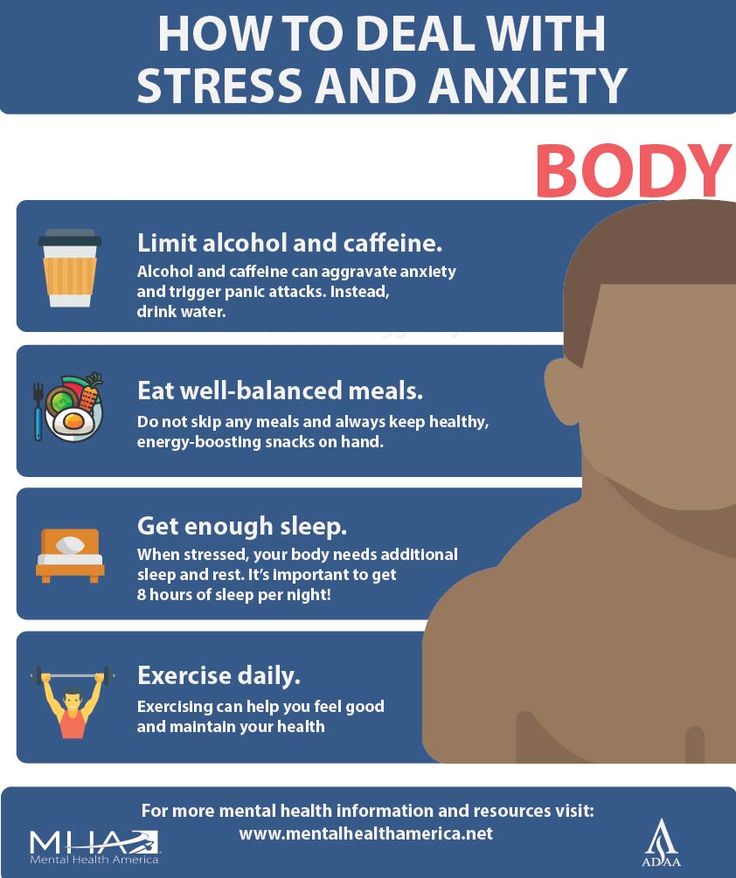 I have a lot of dresses in pastel colors: trendy shades of nude, blue, pistachio. I now physically feel how dark tones press. nine0003
I have a lot of dresses in pastel colors: trendy shades of nude, blue, pistachio. I now physically feel how dark tones press. nine0003
Every morning I started with Sun Salutations, a cycle of yoga exercises, and breathing exercises.
Like the character in Elizabeth Gilbert's Eat, Pray, Love, I only walked on the sunny side of the street. Over time, I learned to sleep without pills and quickly relax.
Now I enjoy every day of my life. (No matter how trite it may sound.)
I serve a beautiful and healthy breakfast, drink the most expensive coffee with cream. nine0003
I smile a lot and pay more attention to other people.
I am talking to my friends again. But in the days when I felt bad, I withdrew into myself and I didn’t care about anyone.
I look at the world with wide eyes and expand my horizons. I say yes!" everything new and interesting.
I know that all difficulties are temporary. And most of them are in our heads.
I no longer watch medical programs or read relevant websites on the Internet.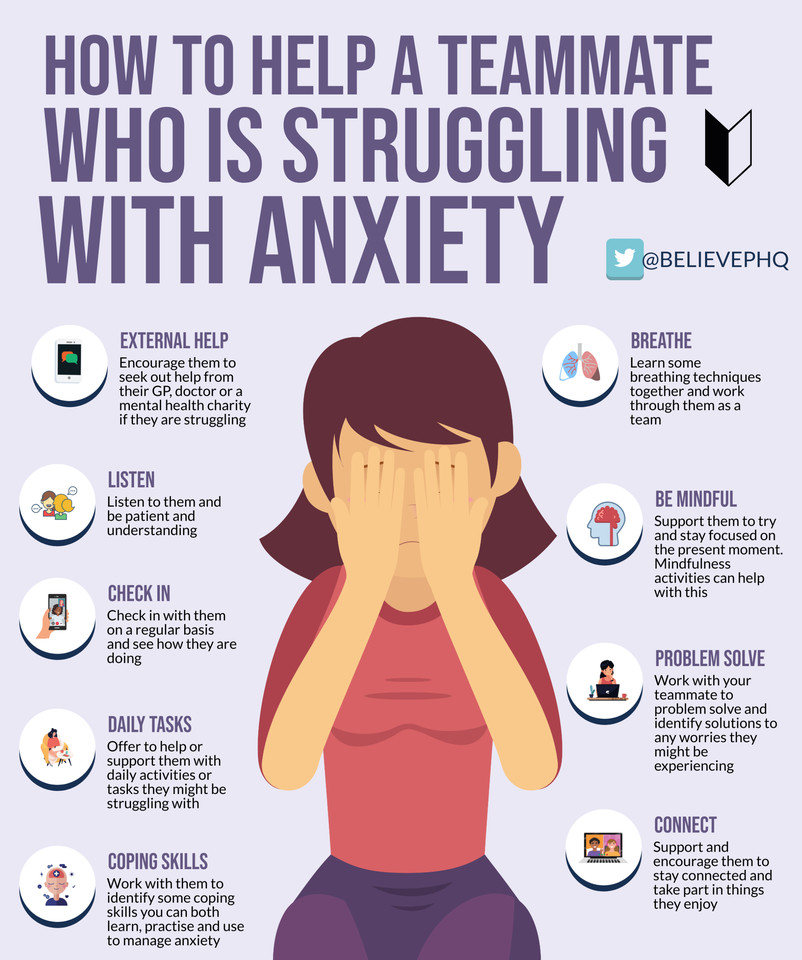 I no longer carry a ton of drugs with me, from validol and captopril to stimulatone (antidepressant). I believe in myself, in destiny, in goodness. nine0003
I no longer carry a ton of drugs with me, from validol and captopril to stimulatone (antidepressant). I believe in myself, in destiny, in goodness. nine0003
What about work? I quit on New Year's Eve. I realized that I had reached my limit. Now my first priority is family, good health and high spirits. And money? Money will come. But fortunately it doesn't have much to do with it. After all, the most important thing is you and your loved ones.
I quit my previous job. I am now a freelancer and translator
I am now a freelancer and translator. I write articles and even books. Registered as an individual entrepreneur. Every day I perceive as a luxurious gift of fate, in which there are many precious and touching moments. I try to be outdoors more. nine0003
Now my beloved husband, when he comes home, has dinner with delicacies prepared by his wife, and not with products from the nearest cookery. Our relationship has changed for the better.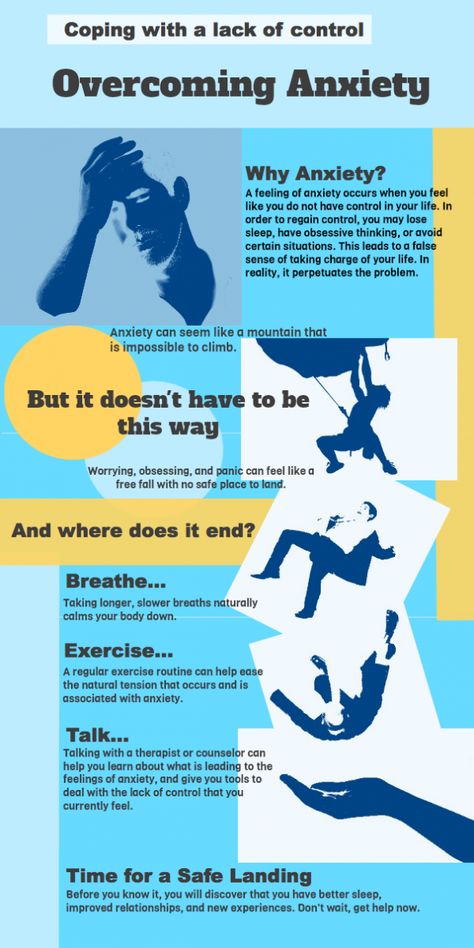 If earlier I came home late and then came to my senses for another two hours, talking about the events of the day at work, now I, resting my cheek, carefully listen to my husband. Before he comes, I do meditation. And in the evening, a satisfied, relaxed wife is waiting for her husband. Sex? Much more often and with pleasure, and not twisted thoughts somewhere there at the customs ...
If earlier I came home late and then came to my senses for another two hours, talking about the events of the day at work, now I, resting my cheek, carefully listen to my husband. Before he comes, I do meditation. And in the evening, a satisfied, relaxed wife is waiting for her husband. Sex? Much more often and with pleasure, and not twisted thoughts somewhere there at the customs ...
My wonderful husband, love of life, yoga and your magazine helped me find and understand myself, live better and breathe deeply.
Why is this happening?
Arina Lipkina, psychologist
Panic disorder often develops as a reaction of the body and mind to stress, to exceeding our capabilities. In this case, the reader has a successful combination for treatment: her own active approach to mastering relaxation practices, the search for individually working methods, reading literature (information, influencing thinking), dismissal from employment (which not everyone decides on and that not everyone can afford allow) and a new freelance activity - with the support of her husband, I assume. nine0003
nine0003
The author of the letter has put in a lot of effort and now maintains a new lifestyle and attitude towards her mental health. A person did not just take pills and hope for a miracle, or that "it will pass by itself." This deserves praise and respect - not everyone is capable of such work on themselves without outside help.
We may not always be aware that we are under severe stress, but our body gives signals when resources are running out. Panic attacks are one such signal. Their symptoms are extremely unpleasant. An attack can catch you anywhere - at work, on the subway or in a car. nine0003
Here are some simple tips that will help relieve unpleasant symptoms.
What to do?
12 Steps for Panic Attacks
1. Drink 100-150 g of cold water.
2. Start saying everything you do out loud. Talk to yourself, support yourself, encourage yourself.
3. Do a deep breathing exercise with the MyCalmBeat app.
4. If you are in a car or no one can see you, turn on the music and start singing. nine0003
nine0003
5. Rub your hands until warm in the palms, shake your hands (as if you want to shake yourself off), it is good to have a studded massage rubber ball with you for hands. Squeeze the ball, roll between the palms.
6. On the contrary, try to cool your face. In the car, you can open a window, turn on cold air from a simple table fan in the room, wash your face several times with cold water, and use a spray bottle with water outside.
7. Completely relax your body (if possible, it is better to sit or lie down), as if it has become weightless, airy, close your eyes, turn on the music. Carry earphones for your phone and a music collection in your phone. nine0003
8. Switch your mind to solving problems: if you are driving, look at the map and think about how you can form a route on your own without a navigator (anywhere, to another city). Learn a foreign language, repeat words, phrases pre-recorded on a voice recorder or in an application on your phone. Carry a crossword puzzle or work/school notes with you.